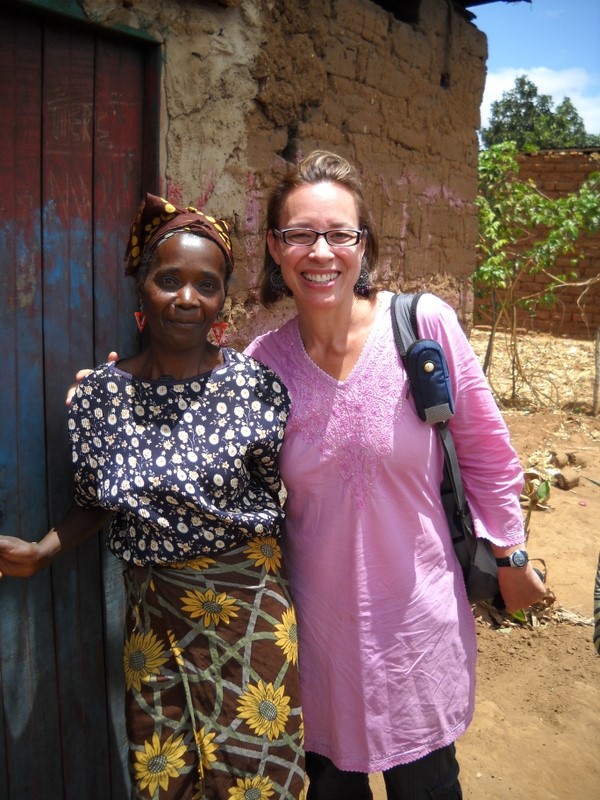“Home is not where you live; home is where you belong” (an African proverb).
I left the United States when I was 21 years old and did not return permanently until I was 53. During those years, I called many places home: Jamaica, Zambia, Zimbabwe and Kenya. The longer I was away from “home” the more I began to think about what home meant to me.
Home for some is a specific physical place where years of memories are made and where you keep returning year after year. Ideally, home is a place of safety, a place where you feel you can be yourself, find encouragement and support. For others, home is much more transient and uncertain. The world is witnessing the highest levels of displacement on record. At the end of 2018, an unprecedented 70.8 million people around the world had been forced from home by conflict and persecution. (www.un.org) Among them are nearly 30 million refugees, over half of whom are under the age of 18. What does home mean to them? Where do they find shelter and welcome?
Having pastor parents, I moved a lot when I was growing up. Every few years, we lived in a new neighborhood, a different house, a new school, and new friends. Looking back, I realized that I found this moving hard. Being more naturally shy than my two brothers, it was not easy always being the “new kid” every few years. When asked the question, “Where is home?” I found it hard to answer. I think I naturally came to think of home as wherever my parents and brothers were. In those relationships, I felt at home. Where I called home became secondary. I didn’t realize that this experience in my early life would serve me well as the Lord called me to be at home in other parts of the world.
When I returned permanently to the United States, people welcomed me home, but in many ways it didn’t feel like home. So many of the things that make a place home were not present. I had missed so much of popular culture, years of shared experiences, watching children grow up and taking part in celebrations. My home had been built in other places and with other people. I felt like a stranger in my own country. My thoughts of home were challenged again.
We often think about creating a home as something that women do almost instinctually. That home may be a physical space, but it can also be the safe embrace of a mother and child, or the comfort felt when sitting silently with a friend who is struggling. That longing for a sense of home is something that God created in us.
Over the years, I have come to think of home not so much as a fixed physical place but as relationships that welcome, nourish, inspire and help me to grow. In this way, I can find myself at home in many places both near and far. I can also be a home to others, no matter where I am. If you have ever been a stranger in a new place, you will understand how much a kind word, a welcoming smile, or an invitation to participate can change everything. The sense of belonging is at the heart of what home means to me.
When we read scripture, we see that Jesus understood this experience as well. Although He was born and raised in Nazareth, the part of His life that we know most about was transient. He moved, stayed with friends, was referred to as having “no place to lay His head” (Matt. 8:20), and even in His hometown He was not fully accepted. God incarnate, pitched His tent and dwelt among us and made His home IN US! (John 1:14). Our very being is restless until we allow the Lord to make His home in us. The true home where I belong is in right relationship with Jesus Christ. As I allow Him to make His home in me, I am then able to extend that welcome for others to also find their home in Him.
Whoever dwells in the shelter of the Most High will rest in the shadow of the Almighty. I will say of the Lord, “He is my refuge and my fortress, my God, in whom I trust.” (Psalm 91:1-2 NIV)


